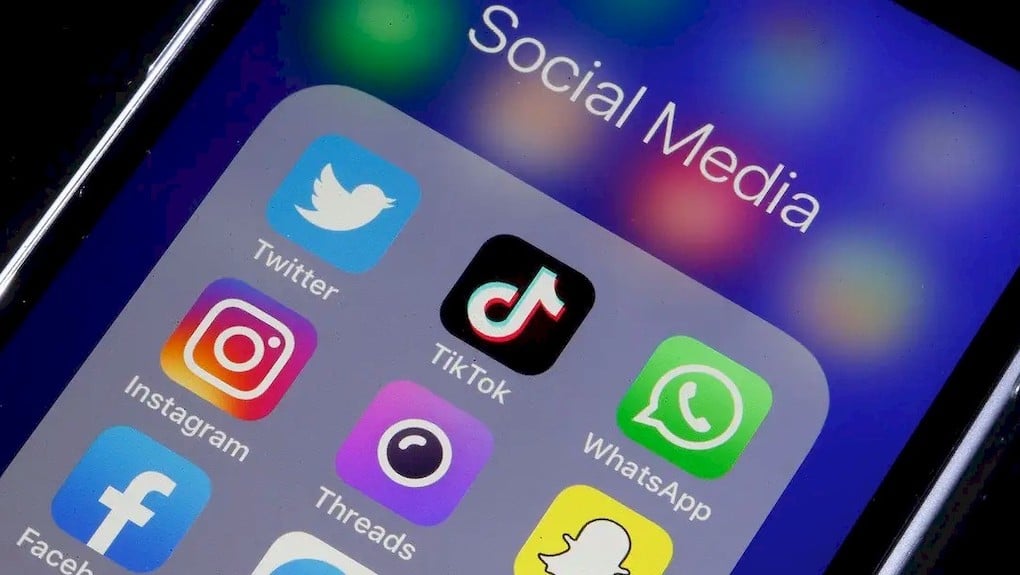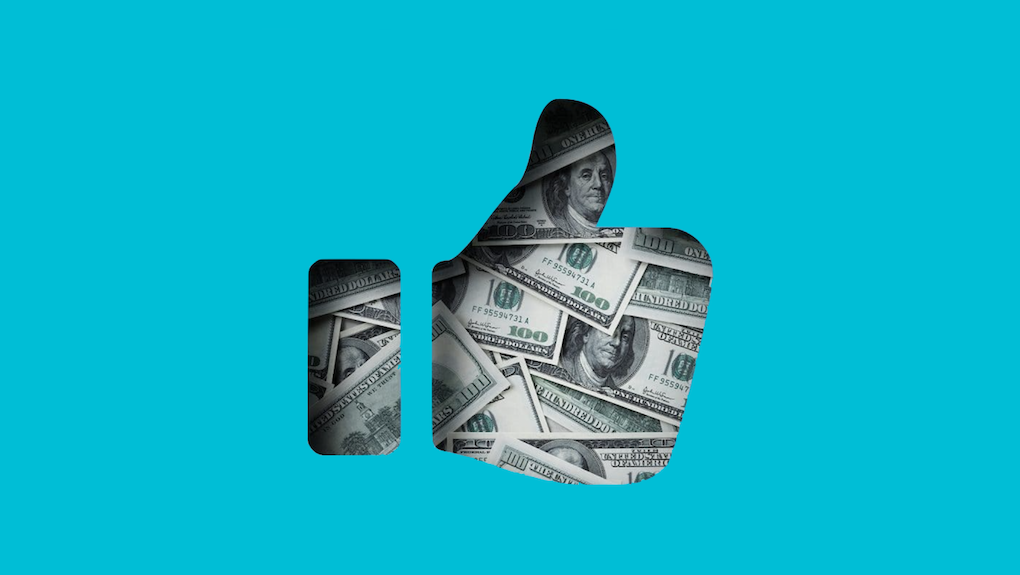Social media marketing is now a cornerstone of any robust digital strategy, commanding a significant portion of budget discussions. Marketers recognize its unparalleled value for brand awareness, customer engagement, and direct communication with audiences. With platforms like Facebook, Instagram, and LinkedIn, brands have direct access to where a vast majority of their customers spend their time online. In fact, Hootsuite reports that 76% of North Americans are active on social media, making it a prime landscape for businesses to grow their presence.
The beauty of social media lies in its cost-effectiveness and measurability. Unlike traditional advertising channels, social media marketing offers detailed analytics and the ability to track the performance of every dollar spent. This makes it not just a budget-friendly option, but a powerful tool for marketers looking to maximize their return on investment.
As you prepare for your next budget meeting, consider the compelling advantages of social media marketing. From its high engagement rates to its flexibility and cost-effectiveness, social media is not just a line item in the budget—it's a strategic investment in your brand's future. Here are some critical points to help you advocate for a stronger social media budget.
1. Social media is the #1 platform for brand awareness and loyalty
While social media isn't always the ideal platform for a direct sale for the majority of industries, it's proven incredibly successful as an awareness tool. It's also the perfect place to build brand loyalty, which can be far more valuable than a single, one-time purchase. Plus, the right B2B social media strategy is just as powerful as a B2C one.
Data shows that 75% of internet users globally use social media to find out more about brands. Having a social presence gives customers something to interact with, offers a sense of community, and creates opportunities to build relationships.
Social media can also create brand evangelists – customers who were so pleased with the experience that they tell their friends about it, thus creating more potential customers.
2. Social media ads are highly trackable
Compared to other digital paid advertising tools, social media advertising has the highest level of customization and optimization capabilities. You can quickly adjust targeting and budget parameters, target different social media platforms, track results in real-time, and get detailed insights about your audience.
Even with new regulations around data collection, and the dawn of the cookieless future, social media advertising still has deeper data, better insights, and more cost-effective solutions than other traditional digital advertising platforms. With ongoing optimization of social ads, companies can save money while increasing their return on investment (ROI).
3. Social media audiences are very engaged
Unlike other advertising formats, social media users are highly engaged. Just think about the social networks that you use – chances are, there is something you’re interacting with every day.
Consider these stats from the DataReportal's Digital 2024: Global overview report:
- 5.04 billion people use social media globally.
- The main reasons for using social media include filling spare time (38%), finding content (30%), finding inspiration for things to do and buy (27%), and finding products to purchase (26%).
- On average, people spend 2 hours and 23 minutes per day on social media.
- The average social media user visits 6-7 social media platforms each month.
With this many eyes on social media platforms, brands who fail to capitalize on social media are alienating themselves from a massive audience. Not to mention, passive efforts fade into the backdrop against competitors who put in the effort. You can boost your efforts and engagement by leveraging interesting mediums, including cinemagraphs and augmented reality.

4. Social media is an incredible testing ground
Organic social media is the perfect place to experiment with fresh tactics and campaigns, giving you space to be creative. Why silo your best ideas, when social media allows you to maximize their potential?
For example, social media is a great place to test copy tweaks, creative variations, and even visuals. Threads, being an all-organic platform at this time, provides a level playfield where the best organic content shines. For paid campaigns, platforms like Facebook make it easy to A/B test ads, giving you valuable insights into what works and what doesn’t.
Remember, people who follow you on social opted in for this, if they don’t like your ideas, who would?
5. Social media marketing is cost-effective
Compared to other digital marketing strategies, social media can be surprisingly affordable. You don’t pay for assets like hosting or a website, and social media platforms have some of the lowest cost-per-click rates (CPC) available.
For example:
By contrast, a 30-second TV commercial can cost around $115,000 on a national channel – and that's not even factoring in the cost of producing the commercial itself. Not to mention, this cost won’t even get your ad in front of a global audience.

6. Social media advertising is flexible
Unlike traditional advertising, social media marketing enables you to make quick changes and pivot in real-time, without incurring additional costs or breaking contracts. You can quickly launch a new ad campaign with different messaging, creative, objectives, and budget without having to print materials or pay for run times ahead of schedule.
This flexibility becomes especially important when considering testing variables to see what resonates best with your target audience. For example, if you want to know if your audience responds better to an ad with animals in it rather than humans, you can run two ad types on Facebook and Instagram and gather data to prove your theory.
Running the same test on a television ad would require producing two different commercials and paying double for air time!
Tackling the dreaded budget discussion
Now that the cost of social media marketing is more apparent, how do you prepare for conversations with your CFO or other stakeholders? First and foremost, it helps to come armed with data, metrics, and competitor benchmarks. You should also consider showing how social media marketing compares cost-wise to other channels to help demonstrate its value.
Additionally, you can help your CFO understand the long-term potential for social media marketing. Social media platforms give digital marketers an opportunity to reach new audiences and acquire leads with minimal costs. Plus, detailed tracking, analytics, and social listening tools are now available to help you measure ROI.
Ultimately, it all comes down to getting social media marketing right. There are plenty of cost-effective social media strategies available to digital marketers, such as using social media advertising, influencer campaigns, and organic social media tactics. By selecting the right mix of social media methods that are best suited for the business’s goals and budget, you can help your CFO understand how social media can be used in a cost-effective manner to drive sales.
Take a browse of our social media service so that once you have your budget secured and ready to crush your targets, you'll have a good idea of who to partner with.